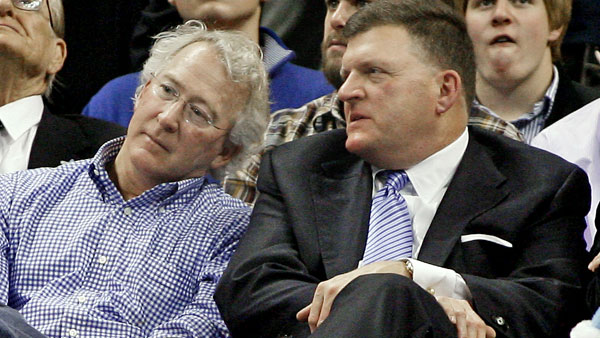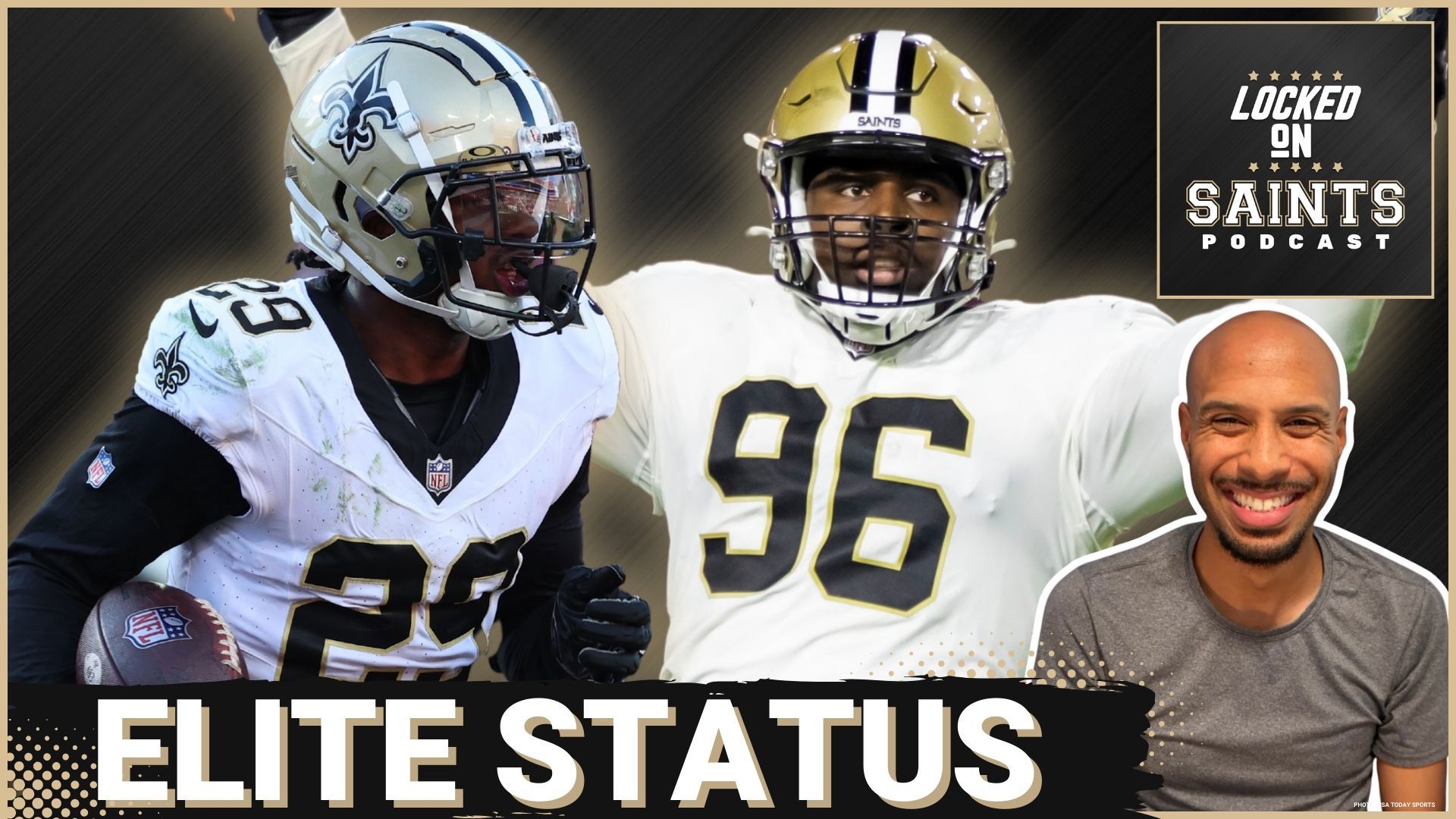NEW YORK Aubrey McClendon, one of the key men in the Seattle SuperSonics controversy that ended with the team moving to Oklahoma City, was stripped of his chairmanship role at Chesapeake Energy Tuesday following shareholder complaints that his personal business interests could conflict with those of the company he runs.
McClendon will remain CEO. The company's board said it's searching for an independent chairman.
The board has been feeling the heat from shareholders after reports surfaced that McClendon took out more than $1 billion in loans to pay for his stake in the company's wells. He was allowed to buy those stakes as a part of his compensation program, a perk that had long raised concerns from shareholders.
Time Magazine also reported that the Securities and Exchange Commission has opened a probe into that loan.
Some of the loans came from a group that was also planning to buy Chesapeake assets. Investors said McClendon's private dealings with the group could have influenced Chesapeake's decision to sell those assets.
The company said Friday it will end the investment program in 2014, 18 months ahead of schedule, to eliminate a source of controversy. The moves were welcomed by Chesapeake's largest shareholder.
Aubrey was right to recognize that these actions are in the best interests of the company and its shareholders, said O. Mason Hawkins, chairman and CEO of Southeastern Asset Management, which holds a 13.2 percent stake.
McClendon, 52, spent most of his adult life searching for natural gas and oil in the U.S. He co-founded Chesapeake in 1989, turning an initial $50,000 investment into America's second-largest natural gas producer behind Exxon Mobil Corp.
His success brought a flood of prestige and significant wealth. He was America's top-paid CEO in 2008, receiving compensation worth $112.5 million. He established himself as a leading spokesman for the benefits of natural gas. And he became a part owner of the NBA's Sonics, which moved to Oklahoma City after a legal battle with Seattle over the team's lease at KeyArena.
In 2007, McClendon was fined $250,000 by the NBA for comments to an Oklahoma City newspaper in which he said We didn't buy the team to keep it in Seattle.
In 2008, emails were uncovered between McClendon and Sonics majority owner Clay Bennett. They seemed to indicate that members of the ownership group were seeking to move the team before the end of the so-called 12-month good faith period in which Bennett had promised to faithfully negotiate with state and local leaders to obtain a new arena for the Sonics.
The team ultimately moved after reaching a settlement with the city, two years before the lease at KeyArena was to end. The Oklahoma City Thunder has thrived, becoming a legitimate contender for an NBA championship.
The petroleum business, however, is notorious for booms and busts. Sometimes within the same year. McClendon hasn't been immune.
When natural gas prices plunged in 2008, it created huge financial hardship for Chesapeake's investors, including McClendon. The company's stock tumbled 60 percent and McClendon was forced to sell $550 million of stock to cover bank demands for repayment of loans.
Chesapeake's board softened the blow by granting McClendon a $75 million bonus at the end of 2008. The company said the money was meant to help McClendon pay for his share of the well costs. Chesapeake also paid McClendon $12 million that year for his personal collection of antique maps. McClendon has agreed to buy back the maps, with interest, but the deal isn't yet final.
McClendon received a pay package worth $17.9 million in 2011.
Since he started Chesapeake, McClendon has had broad authority to run the company, and to compensate himself in the process. As board chairman, he supervises the advisory group that hires and fires executives, approves their compensation packages, and advises the management. As CEO, he oversees the company's daily operations.
Just last month, Chesapeake said in a regulatory filing that having one person as chairman and CEO provides clear lines of accountability. Besides, the company added, McClendon brings unparalleled knowledge and experience, as well as an intimate understanding of the company's operations and culture, to the roles of chairman and CEO.
Many of the biggest energy companies have similar setups. Exxon's Rex Tillerson and Chevron Corp.'s John Watson hold both titles.
By splitting the roles, however, Chesapeake gets rid of some obvious conflicts, said Charles Elson, a University of Delaware expert on corporate governance.
It's a wise move, Elson said. It doesn't make much sense for a CEO to be in charge of the organization that's supposed to be monitoring him.
Wall Street cheered the decision briefly. Chesapeake shares gained more than 6 percent in regular trading. But they more than 5 percent in after-hours trading when the company reported adjusted earnings of 18 cents per share for the first quarter. Analysts were expecting earnings of 28 cents per share in the quarter.
They're still down about 12 percent for the year because of a plunge in natural gas prices and concerns about the company's huge debt load.
The board of directors said candidates for the non-executive chairman's position will have no previous substantive relationship with Chesapeake.
I am completely supportive of the board's plans, McClendon said in a statement. The actions will enable me to focus my full time and attention on execution of the company's strategy.
McClendon puts the principal amount of the loans at $846 million.
The board is reviewing McClendon's loans. The Internal Revenue Service also is looking at the well-investment program.


